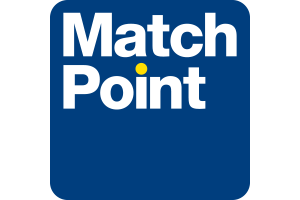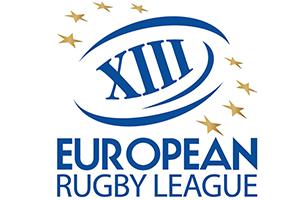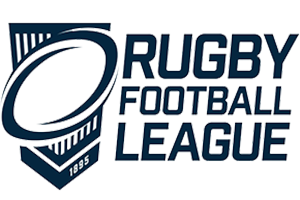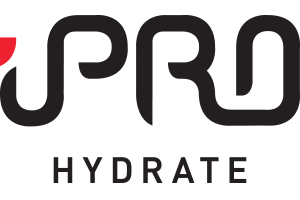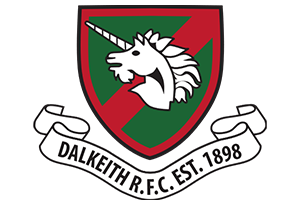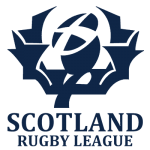Supplements
Some players take supplements in the belief that it will help maintain their health and improve their performance…
…However, it is now generally accepted that any player who is liable to be tested in or out of competition may be at risk of a positive drug test from the use of supplements.
An estimated quarter of the dietary supplements on sale to players may contain small amounts of prohibited substances, commonly including anabolic androgenic steroids and stimulants. These quantities have been found to cause positive drug tests, leading to players and athletes being banned from sport.
The manufacture, distribution and promotion of dietary supplements are covered by a variety of regulations that relate mainly to their safety for the general public – not professional athletes who are subject to stringent anti-doping regulations.
Scotland RL cannot guarantee that supplements, including vitamins and minerals, ergogenic aids and herbal remedies, are free from prohibited substances. We strongly advise players to assess the need to use supplements and to consider the risks associated with them, including the potential consequences of a ban.
Assess the need
Players should look to optimise diet, lifestyle and training before considering supplements. But your lifestyle, training and game demands may not give you enough time to be able to ingest what you need to meet your nutritional needs. Sometimes you may need to use legal supplements. Before doing so, you should consult an accredited sports dietician and/or registered nutritionist, and a sports and exercise medicine doctor.
Do not take chances with supplements. You need to know that:
- no Prohibited Substance has been introduced as a by-product of any part of the manufacturing process; and that
- the product (including the raw ingredients) has been manufactured, packaged and distributed in such a way that minimises the risk of a contamination.
Assess the Risk
- Avoid purchasing supplements from a manufacturer who also produces supplements that contain Prohibited Substances
- Understand why some supplements could contain Prohibited Substances as contaminants
- Understand what supplement testing for Prohibited Substances is. Look for supplements that are produced by companies which batch test their products
- Seek expert guidance to assess your dietary and performance needs and supplement requirements (registered nutritionist or accredited sports dietician)
Assess the Consequences
Remember strict liability. Players must be aware that any positive test as a result of supplement use will lead to you receiving a ban. Bans start at four years for intentional cheating, or where the player cannot prove lack of intent.
There is less leniency for carelessness. You are still likely to receive a two-year ban for inadvertent doping. To get any reduction in sanction from two years you must have substantial proof that you have done your research and be able to demonstrate that you were not at fault or intending to cheat.
Is the risk worth the gain? If a supplement does contain a Prohibited Substance, how will this affect your career? It can be very difficult to prove that the presence of Prohibited Substances from supplements were through no significant fault on your part as you already know there is a risk in taking them.
Supplement Testing
Getting your supplements tested by a reliable laboratory does not guarantee their safety or legality.
Supplement testing is one step towards assessing the risk of contamination to your product. Manufacturers are encouraged to test their products. However, you must be aware that this is not a guaranteed way of identifying safe products.
There are services available to help you minimise the risk of a supplement being contaminated. One of these is the website Informed Sport. However, please note that sites of this nature do not give any guarantees regarding the status of a particular supplement and you are responsible for any supplements you decide to use.
More information on this can be found here.


